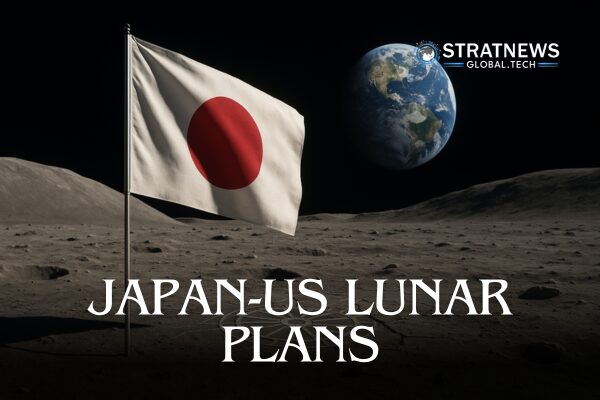Japan Expresses Continued Commitment to US Lunar Efforts
Japan has pledged support for the United States’ more cost-effective lunar missions, following a proposed $6 billion budget cut to NASA. This significant reduction could impact the Artemis programme, which aims to return astronauts to the moon.
The Artemis project, initiated during former President Donald Trump’s first term, includes international partners such as Japan, the European Space Agency (ESA), and Canada. It has developed into a large-scale mission to send astronauts to the lunar surface for the first time since 1972.
Hiroshi Yamakawa, President of the Japan Aerospace Exploration Agency (JAXA), stated at a briefing, “If the U.S. considers a better economic alternative, we must respond to it.” His comment reflects Japan’s readiness to adjust its role based on changes in the US space strategy.
Budget Proposal Sparks Uncertainty for Artemis and Gateway
Earlier this month, Trump proposed a 2026 budget that would nearly halve NASA’s space science funding. The revised plan prioritises Mars exploration using cost-effective spacecraft, potentially reshaping the Artemis initiative.
As part of previous agreements, Japan is set to contribute two astronauts and a Toyota-built rover to upcoming lunar missions. However, concerns have risen that the proposed budget might lead to the cancellation of the Gateway — an international space station intended to orbit the moon by the fourth Artemis mission.
Despite this, NASA mentioned that Gateway’s developed components might still serve in other missions, with international collaboration expected to continue. JAXA, along with ESA, has co-developed a human habitation module for Gateway and plans to use its HTV-X cargo spacecraft for resupply missions.
Japan and Europe Stay Engaged in Space Cooperation
ESA’s Director General, Josef Aschbacher, recently noted that uncertainties remain regarding the full impact of the budget proposal. ESA is in discussions with NASA to clarify these effects.
Yamakawa refrained from criticising the budget plan but emphasised Japan’s desire for ongoing dialogue with US partners. He highlighted Japan’s potential contributions to future lunar activities, including resupply missions, advanced landing technology, and lunar water data from a joint mission with India.
Analysts suggest the US will maintain strong partnerships in space. Kota Umeda of Tokyo’s Institute of Geoeconomics believes that, even with a scaled-back Artemis, the US will likely seek collaborative solutions with Japan and Europe. He noted that international partnerships are a key strength for the US in its growing competition with China in space exploration.
with inputs from Reuters


